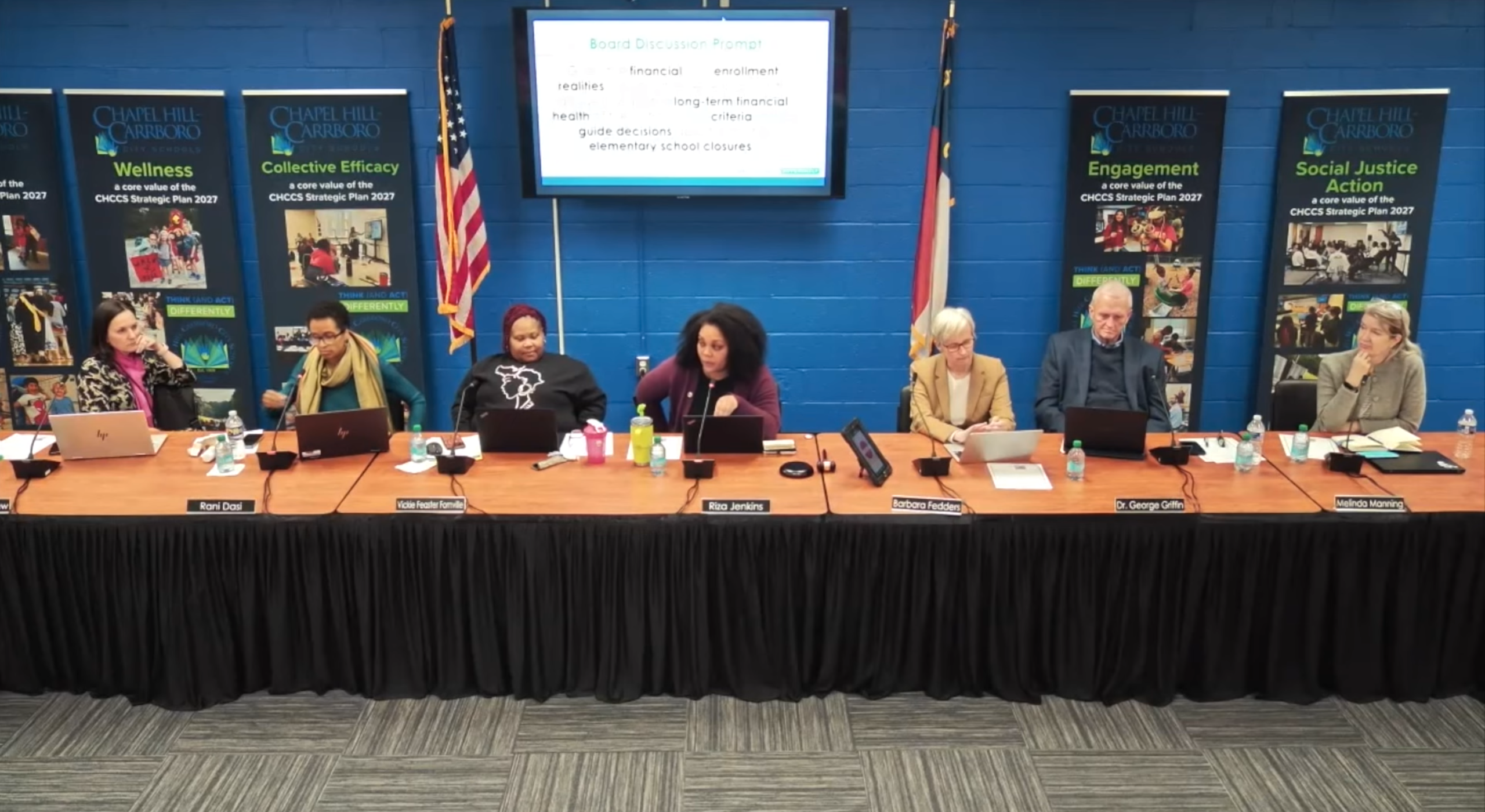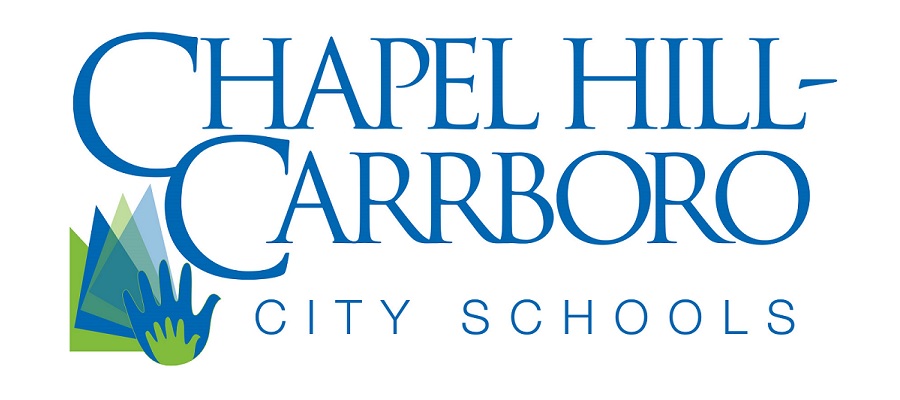Chapel Hill-Carrboro City Schools announced Monday the district received a grant to support work addressing the racial equity gap in school systems.
The Trustees of Oak Foundation approved the request of $4.3 million over three years to the CHCCS system and the Chapel Hill-Carrboro Public School Foundation for the Students First: Equity Through Opportunity grant. The school district will receive $3.5 million, while PSF will receive $800,000 during the three-year grant period. PSF will have fiscal monitoring responsibilities for the funds received from the Oak Foundation to serve Chapel Hill-Carrboro City Schools, according to the release.
CHCCS Superintendent Pam Baldwin said the project’s ultimate goals are to provide equitable opportunities to every child in the district by focusing on improvement of student growth, achievement gaps and social emotional wellness.
“While some might point to state rankings as a measure of overall district accomplishment, we know that not every child in our care is receiving the education needed for lifetime success,” Baldwin said in a release. “The change we would like to see from this project is a decreased achievement gap between student groups, specifically students of color, English learners and students with disabilities.”
Racial equity is a challenge CHCCS has aimed to address for many years. The school system passed an equity plan in 2017 to update its policies and methods of handling other inequalities in addition to race, such as gender and nationality.
Methods included in the grant to achieve its goals include early exposure to school experiences, sustaining literacy development and mastery, support for transition to middle school, and opportunities to access advanced courses. It also includes having staff participate in training about racial equity to establish a common language, practice and purpose.
“Closing the achievement gap, and ensuring a successful school experience for every child, remain our primary goals,” senior executive director of Leadership and Strategy Dr. Misti Williams said in the release. “This grant will significantly impact our work with children and families.”
The goal is by the third year of the grant, 650 CHCCS staff members will have received foundational Racial Equity Training, including principals, assistant principals, new teachers, social workers, counselors and more. The training will include lessons on historical context for systemic racism, development of leadership for racial equity, application of a racial equity lens and culturally relevant coaching.
Related Stories
‹

Emails Show Effort From CHCCS Leadership to Keep $767K Contract From School BoardRecently reviewed discussions between CHCCS district leadership and Education Elements revealed new details regarding a $767,067 partnership between the two organizations. Leadership for the school district said Education Elements helped create a framework to help CHCCS adopt a personalized learning model. Superintendent of Chapel Hill-Carrboro City Schools Pam Baldwin told 97.9 The Hill’s Aaron Keck […]

Summer Literacy Programs for CHCCS Students Saw High Donations, Solid TurnoutsTo help kids keep up their reading this summer, the Chapel Hill-Carrboro Public School Foundation focused on reviving literacy programs.
![]()
Speaking of Schools: Rodney Trice of Chapel Hill-Carrboro City SchoolsThis week on Speaking of Schools, 97.9 The Hill's Brighton McConnell is joined by new CHCCS Chief Equity & Engagement Officer Rodney Trice. While Trice is new to this position at Chapel Hill-Carrboro City Schools, he's no stranger to the district. He shares thoughts on equity at CHCCS and his approach to the position.

CHCCS Financial Review Finds Several Contracts That Violate Board PolicyA financial review of Chapel Hill-Carrboro City Schools district spending and contract procedures found several violations or deviations from system policies occurred in the last five years. Ahead of a specially-called school board meeting to discuss the review, CHCCS provided the full examination on its website, which was contracted by its Board of Education on […]

CHCCS Superintendent Placed on Immediate Medical LeaveChapel Hill-Carrboro City Schools Superintendent Dr. Pam Baldwin has been placed on medical leave from the school system. According to an email sent to CHCCS parents from the superintendent on Wednesday, Baldwin will be away on medical leave effective immediately. She wrote to parents saying Assistant Superintendent Patrick Abele will serve as the acting superintendent […]

CHCCS Board of Education Weighs Closing 2 Elementary Schools Amid Enrollment, Funding DeclinesThe CHCCS Board of Education began its latest round of feedback on Feb. 5 about how to approach closing at least one elementary school in the face of waning enrollment and funding challenges.

CHCCS, Orange County Schools on 2-Hour Delay for Thursday as Districts Monitors Overnight PrecipitationWith the threat of wintry mix and freezing temperatures on Wednesday night, Chapel Hill-Carrboro City Schools announced it will operate on a two-hour delay for Thursday morning.

CHCCS on Remote Learning, Chatham and Orange County Schools Closed After Weekend Winter StormAfter Winter Storm Gianna dumped several inches of snow across central North Carolina Saturday, school districts across the community have announced closures for Monday, Feb. 2. Chapel Hill-Carrboro City Schools will have a remote learning day on Monday. Middle and high schoolers will use synchronous instruction, meaning teachers will meet with students through live virtual sessions. […]

UNC Men's Basketball Collaborates With Hargraves Students to Design Warm-Up ShirtsThe UNC men’s basketball team took another road trip Wednesday afternoon, though this one was closer to home than most.

Top Stories of 2025: A Year of Change for Chapel Hill-Carrboro City SchoolsWhile the academic calendar goes from July to June, this calendar year for Chapel Hill-Carrboro City Schools was filled with major stories.
›











